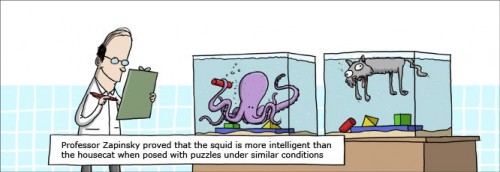I’m in the Melbourne airport, about to depart on a 9:30am flight to Los Angeles, which will arrive at 7am today. I’d suggest that we keep going around and around and wind the clock back a few years, except that the only effect of time travel seems to be exhaustion and confusion, and I’ve had enough of that for a while. See you in a more familiar time zone tomorrow! I mean, today! I mean…I don’t know. I’m going to just close my eyes and see when I end up.



